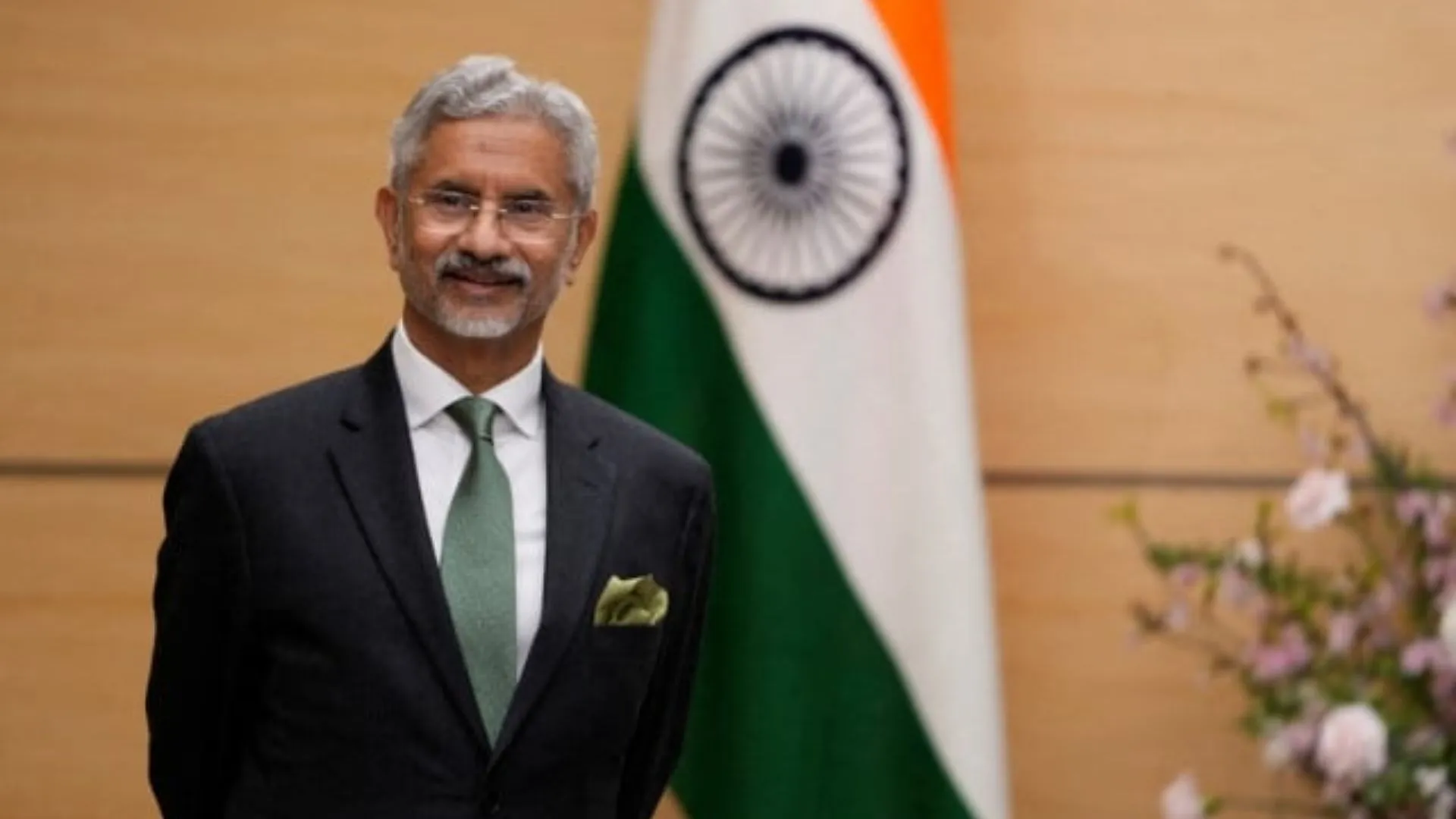On March 28, police arrived at the home of Andrey Perlov near Novosibirsk, accusing the 62-year-old Olympic gold medallist of embezzling approximately three million roubles (about $32,000). Perlov, known for winning the 50km race walk at the 1992 Olympics, and his family firmly deny these allegations.
Detention and Coercion
Perlov has been detained for over six months, and his family claims he is being coerced into fighting in Ukraine. According to reports, he was told that agreeing to enlist could lead to the freezing and potential dismissal of his embezzlement case once the conflict concludes.
Shift in Legal Practices
The Russian government’s recent legislation allows those charged with various crimes to opt for military service instead of facing trial. This law, passed in March 2024, requires both defense and prosecution lawyers to inform defendants of this alternative. If they choose to enlist, their criminal cases are generally suspended and may be closed after the war.
Human Rights Concerns
“This has turned Russia’s law enforcement system upside down,” says Olga Romanova, director of Russia Behind Bars, an NGO focused on detainee rights. She points out that individuals can be detained for serious crimes but then opt for military service, which halts legal proceedings against them.
Cases of Coercion
A leaked recording highlighted an investigator offering a woman the chance to send her husband to war instead of serving time for theft. “If his request is approved, he will go to war and we will close the case,” the investigator explained.
Risks of Enlistment
Many individuals pressured into joining the military face perilous conditions. Yaroslav Lipavsky, who signed up to avoid prosecution, was sent to Ukraine shortly after and was killed just a week later, raising concerns about the safety of those conscripted under duress.
Recruitment Strategies Evolve
The Russian military’s recruitment strategies have adapted to fill gaps left by high casualty rates. Initially focused on convicts, the strategy now targets those merely accused of crimes, reflecting a pressing need for soldiers amid ongoing conflicts.
Families Speak Out
Families of detainees like Perlov are voicing their concerns about the pressures faced by their loved ones. Alina Perlova, his daughter, expressed fears for her father’s health and well-being in custody, stating, “If this goes on, they will break him.”
Government Silence
Attempts to reach Russian authorities regarding Perlov’s case and the coercion of detainees for military service have gone unanswered, raising further concerns about transparency and human rights within the legal system.
(INCLUDES INPUTS FROM ONLINE SOURCES)
ALSO READ: Newborn Patriotism: Russian Babies To Be Draped In Flag-Themed Outfits


















